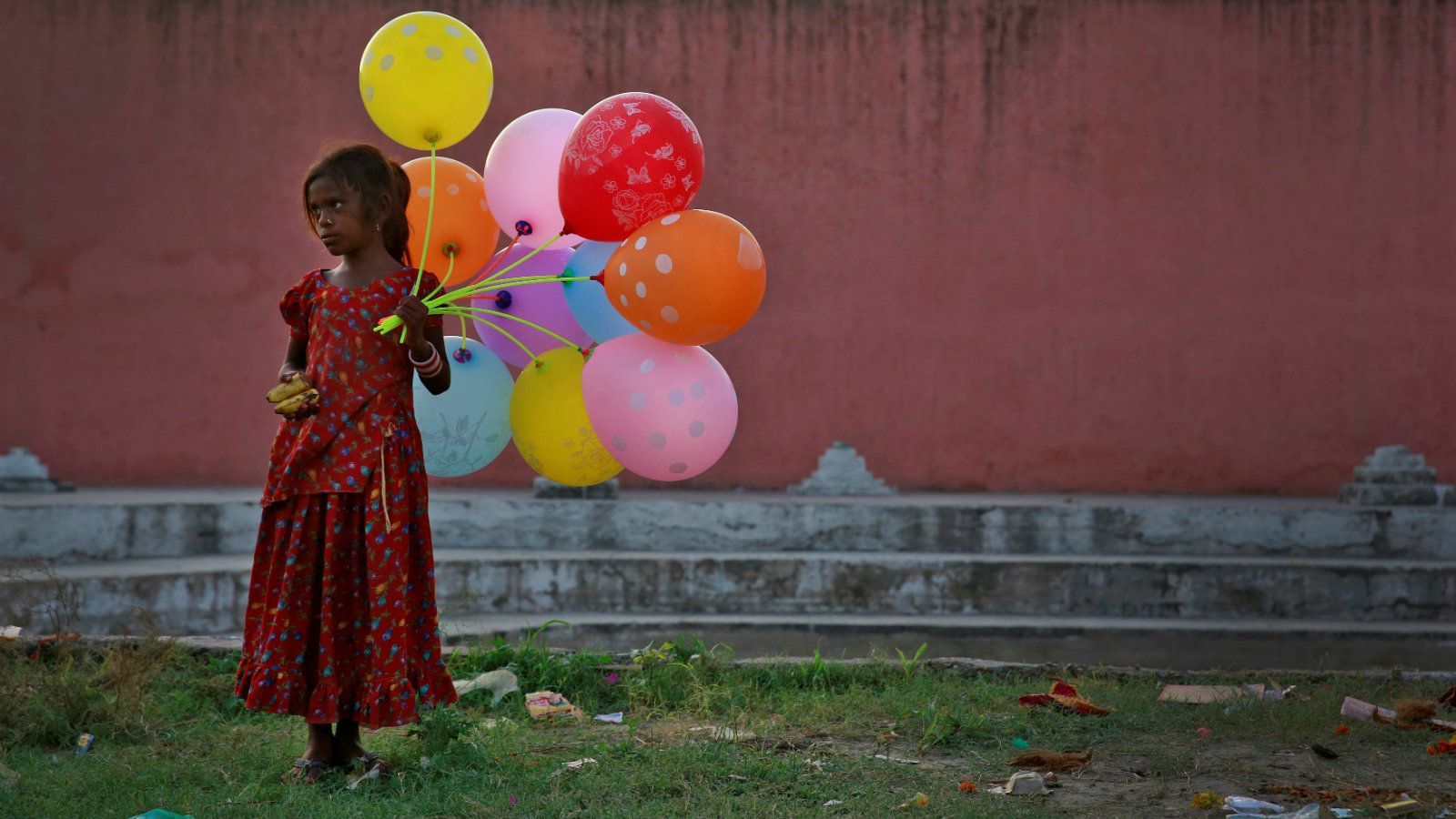
As the world commemorated Menstrual Hygiene Day (MHD) on May 28, 2020, under the theme: It’s Time for Action, Unicef would like to appreciate efforts by the Government of Pakistan in addressing gaps and issues around menstrual hygiene management (MHM). To date, MHM has been streamlined into the education sector plans both at the federal and provincial levels. The government has adopted WASH in schools strategy, the National Child Friendly Schools Standards and training manuals to disseminate MHM information.
However, menstruation remains a taboo subject in Pakistan, surrounded with myths and misconceptions. For instance, some communities restrict women and girls from socialising and partaking in religious practices during menstruation. Studies show many are subjected to poor nutritional intake due to cultural restrictions on foods allowed during menstruation. These socially constructed myths have been heightened by the current restrictions, further compounding on the quality of life for women/girls.
In a 2017 study, Unicef found that 49% of women and girls had no knowledge of menstruation prior to their first period. The knowledge gap worsened during this pandemic. Schools and other community centres where females would access information on safe MHM are closed. Many residing in marginalised and inaccessible areas are most affected since they lack access to virtual means of communication.
According to research, 44% of girls in Pakistan do not have access to basic menstrual hygiene facilities at home, school or workplace. Unicef has been working with its implementing partners to support the government in providing descent WASH facilities in schools. However, access to these has been hindered by the lockdowns, meaning millions of women/girls are faced by a double tragedy of Covid-19 and poor MHM.
Access to safe and dignified MHM products remains a challenge in Pakistan, even before the onset of Covid-19. A study by Integrated Rural Support Programme (2013) found that only 17% of women and girls use sanitary pads while the majority rely on cotton or cloth posing a great health risk. The pandemic has exacerbated the situation since most schemes providing MHM materials have been suspended. Also, due to the economic impacts caused by job losses, poor households are no longer prioritising MHM products. Disrupted supply chain has led to increased prices of these products making it unaffordable to many poor and marginalised women/girls.
Unicef would like to call upon all stakeholders to take actions which improve MHM standards in Pakistan. These include the government, developmental partners, the business community, religious leaders and the community including men and women. To help reduce the cost of sanitary pads, Unicef would like to call upon the government to review the tax being levied on them.
During the pandemic, Unicef commits to continue supporting the government in ensuring women/girls access safe and dignified MHM services. The objective is to ensure they manage menstruation hygienically, and with dignity. Unicef will support and advocate for implementation and adherence to the developed SOPs guiding handling of children, women and girls in quarantine facilities. Currently, Unicef is supporting rehabilitation and construction of sanitation facilities in healthcare facilities providing facilities to practice safe MHM.
Unicef is also supporting a youth group, The Red Code, which is producing hygienic, eco-friendly, economic and reusable sanitary pads. To date, hundreds of people who have lost livelihoods due to the pandemic and poor women in Karachi have benefitted from these affordable pads.
During and post pandemic, Unicef shall continue its effort to bring all stakeholders together to improve MHM as a basic human right. This will ensure that women/girls have access to health, education and dignified WASH facilities.
Published in The Express Tribune, May 31st, 2020.
Like Opinion & Editorial on Facebook, follow @ETOpEd on Twitter to receive all updates on all our daily pieces.
1719315628-0/BeFunky-collage-(8)1719315628-0-405x300.webp)


1731329418-0/BeFunky-collage-(39)1731329418-0-165x106.webp)








COMMENTS
Comments are moderated and generally will be posted if they are on-topic and not abusive.
For more information, please see our Comments FAQ